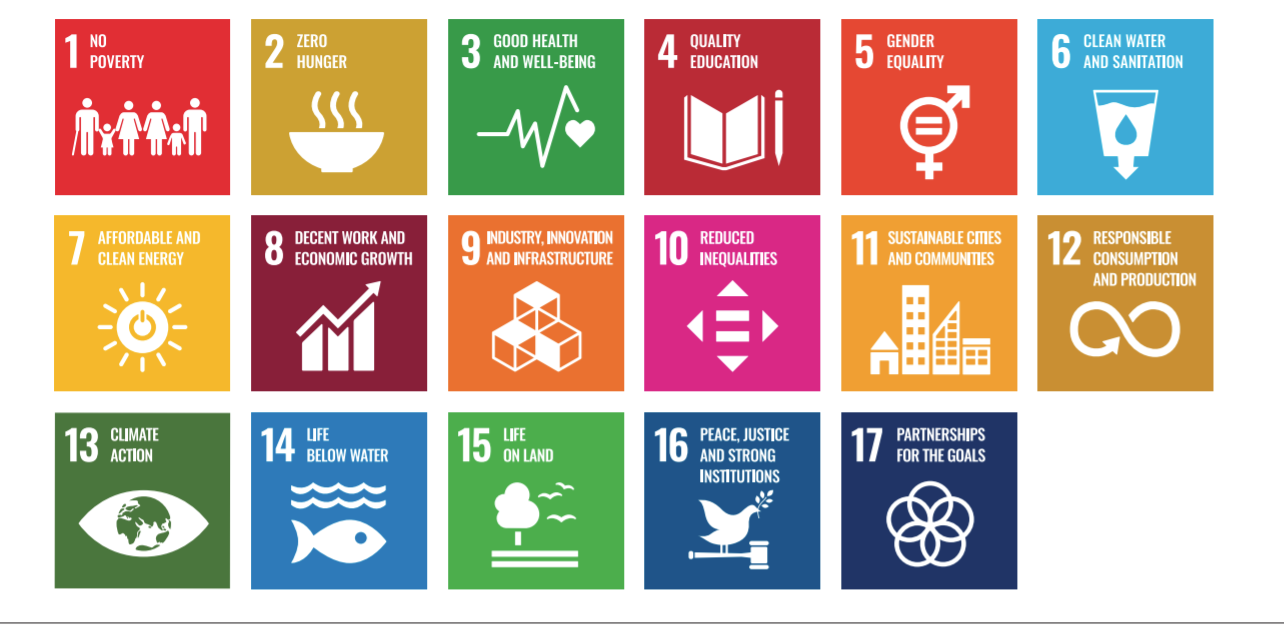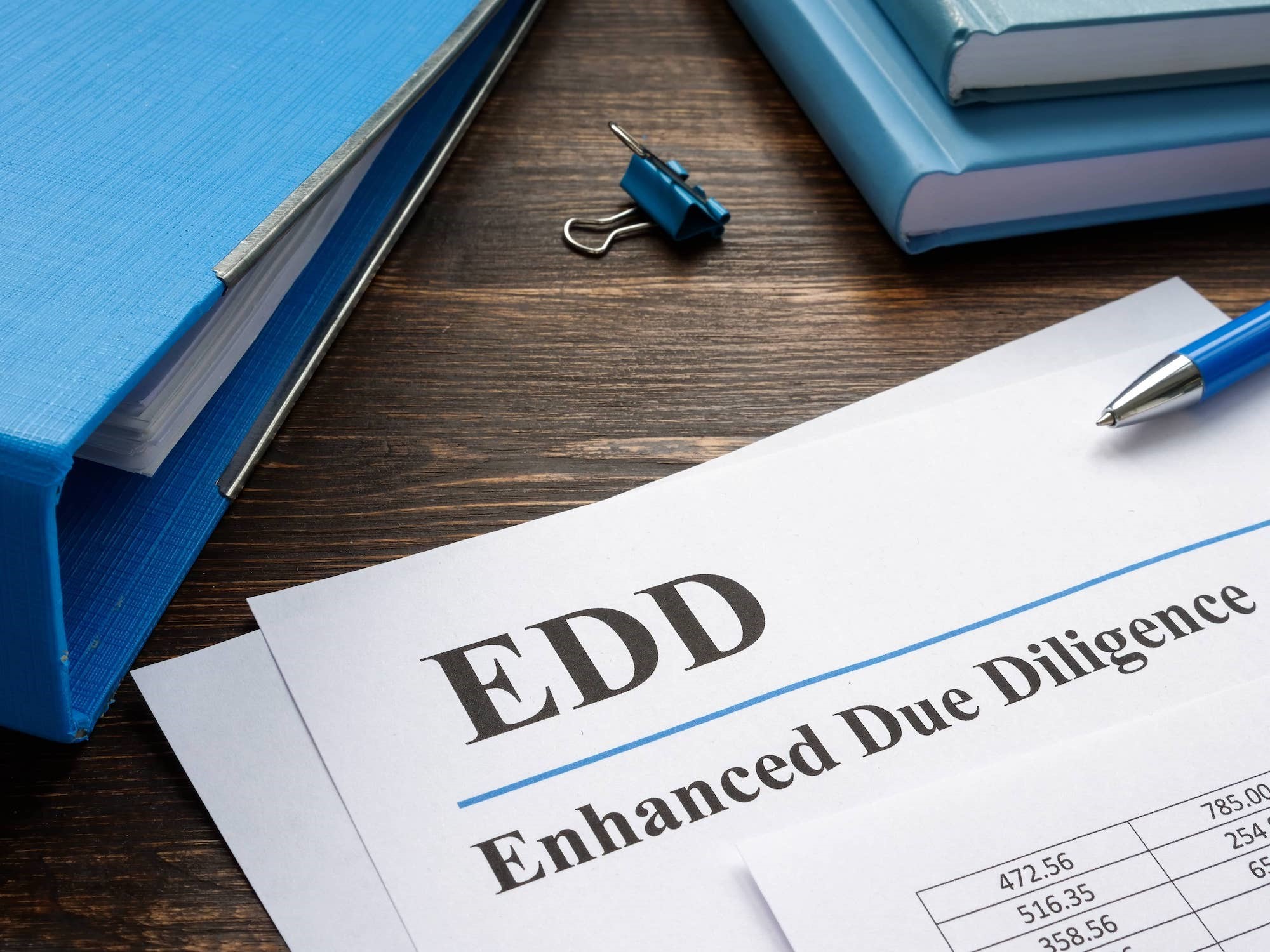
What Is the Omnibus Simplification Package and What to Expect?
Discover how the Omnibus Simplification Package aims to ease the burden of EU sustainability regulations, streamlining CSRD, CSDDD, EU Taxonomy and CBAM.

Discover how the Omnibus Simplification Package aims to ease the burden of EU sustainability regulations, streamlining CSRD, CSDDD, EU Taxonomy and CBAM.

What’s CBAM Regulation and how is it going to be applied to importers and exporters? Find out how this mechanism will transform global trade.

Companies are increasingly expected to demonstrate responsible environmental practices and transparency in their operations to comply with regulations and stakeholders’ increasing requests. Environmental Regulations and Standards encompass a wide range of areas, including emissions control, waste management, resource conservation, and pollution prevention.

Compared to SMEs, under Directive 2014/95/EU, large companies have several more pieces of information to publish related to environmental and social matters,treatment of employees and respect for human rights, anti-corruption and bribery diversity on company boards (in terms of age, gender, educational and professional background).

GRI (Global Reporting Initiative) is the independent, international organization that helps businesses and other organizations take responsibility for their impacts, by providing them with the global common language to communicate those impacts. It provides the world’s most widely used standards for sustainability reporting – the GRI Standards.

During the week of 5/9th of September, the fourth edition of the "Sustainability week" organised by the Italian Stock Exchange took place, with the participation of the major investment funds, advisors and corporate companies engaged today in investment processes to facilitate the transition towards a sustainable economy.

The 2030 Agenda for Sustainable Development, adopted by all United Nations Member States in 2015, provides a shared blueprint for peace and prosperity for people and the planet, now and into the future. At its heart are the 17 Sustainable Development Goals (SDGs), which are an urgent call for action by all countries - developed and developing - in a global partnership.

If the beginning of the year 2022 has brought great innovations in the development of legislative issues concerning the financial disclosure envisaged by many companies in the process of due diligence in the area of sustainability, this is largely due to the European Union's proposal concerning the 'Corporate sustainability due diligence directive', CSDD for short, published last February 2022.

The Sustainability reporting, introduced for European companies with the EU Directive 95/2014, represents to date in the international reporting landscape, the starting point of a continuously evolving path that aims to meet numerous challenges, first and foremost the integrated management of non-financial information, structured in a framework that can be as comprehensive as possible, to be placed alongside classic financial reporting.

The scope of European Union legislation, in the field of accelerating and harmonizing rules on sustainable finance, has expanded considerably in the past few years and is gradually broadening.